
A Hong Kong property tycoon with close ties to the United States says Washington will ultimately regret waging a trade war against China.
The current U.S. policy is short-sighted and destined to fail, said Ronnie Chan, chairman of Hang Lung Properties, with commercial and residential development in Hong Kong, Shanghai and other mainland cities.
It will only push China to develop in a way that is ultimately against American interests, Chan said at the MIPIM Asia Summit, a real-estate industry conference in Hong Kong on Tuesday.
"In fact, If you were to ask me 'who is the biggest loser in the U.S.-China trade war,' I'll tell you it's actually the United States of America," said Chan, a noted philanthropist whose family foundation pledged $350 million to Harvard University in 2014.
In his view, trade is not the biggest factor for the U.S. Rather, it is Washington's longstanding concerns about China's technological development which could become a military threat, including in cyber warfare.
'Yao Ming'
But trying to stop that pursuit rather than maintaining influence through cooperation — in areas such as space, supercomputers and transportation — is actually having the opposite effect, Chan warned.
Such pressure is "forcing China to develop their technology faster," he said.
In the economic sphere, Chan said that the trade war is also pushing China to increase the international use of its currency, the yuan.
Chan emphasized that the Chinese currency remains far from challenging the U.S. dollar's global supremacy, but the yuan will increasingly be used to settle Chinese trade transactions, including with countries such as Russia and Iran.
He acknowledged that China's trade surplus means it has less ammunition to respond in kind to U.S. tariffs and Beijing will suffer some economic harm, but he said the Chinese economy "can bear the pain" given its size.
"China today is Yao Ming," he said, comparing the world's second-largest economy to the towering Chinese basketball star who played for the NBA's Houston Rockets.
Chan also said the U.S. may "be left with no choice but to have to work with China, not only in the capital market but in many other ways" — and it could take the next global financial crisis for Washington to see that it needs a cooperative relationship with Beijing.
















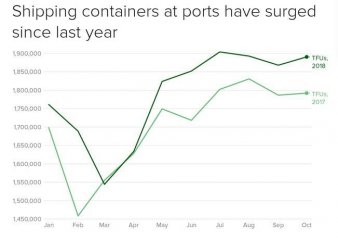
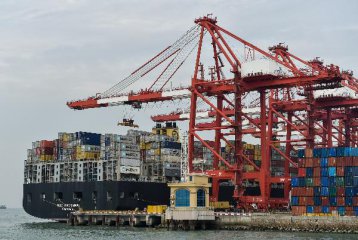
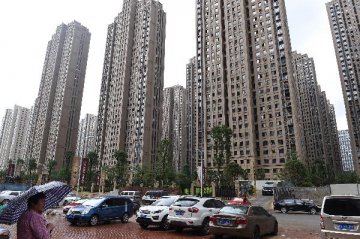
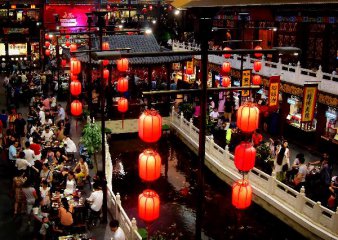
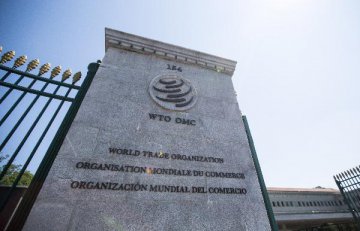
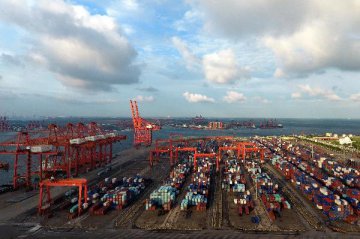


Latest comments